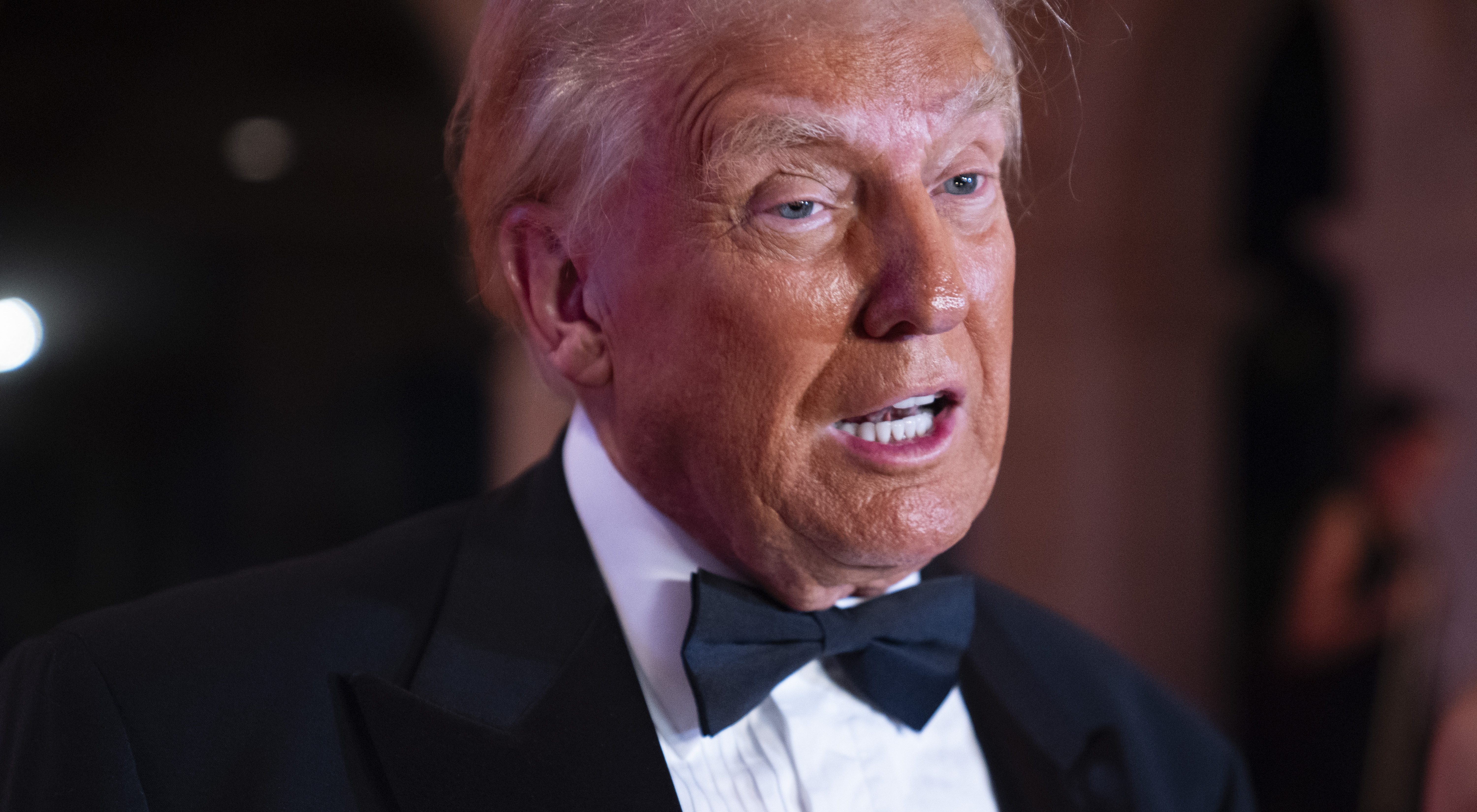
A federal judge on Thursday issued a temporary restraining order against Florida’s surgeon general, the latest development in a legal battle over a television ad supporting the state’s abortion rights ballot measure.
Earlier this month, the Florida Department of Health sent cease-and-desist letters to multiple broadcast stations that had aired the ad, threatening criminal charges against stations that didn’t stop playing it.
The advertisement encourages people in Florida to vote “yes” on a ballot initiative that would add language to the state constitution allowing abortions until fetal viability. The amendment would override Florida’s six-week abortion ban. The campaign ad features a woman named Caroline with terminal brain cancer who needed to end her pregnancy in order to receive treatment that could extend her life.
The letters sent to broadcast stations describe the ad as false and dangerous, emphasizing that Florida’s current abortion law makes an exception for the life of the mother. They suggested that women who believe otherwise might seek abortions out of state, which “would threaten or impair” their health.
Get top local stories in Philly delivered to you every morning. >Sign up for NBC Philadelphia's News Headlines newsletter.
Floridians Protecting Freedom, the group behind the ad, filed a lawsuit on Wednesday requesting a restraining order to prevent the health department from coercing or threatening TV stations that aired the group’s ads.
In a bluntly worded order, Chief U.S. District Judge Mark Walker sided with the plaintiffs. The restraining order against Florida Surgeon General Joseph Ladapo lasts through Oct. 29.
“To keep it simple for the State of Florida: it’s the First Amendment, stupid,” Walker wrote.
U.S. & World
Stories that affect your life across the U.S. and around the world.
He noted that the state had produced its own campaign opposing the ballot initiative, and said that demanding the removal of opposing ads amounted to censorship.
Even before the decision, Federal Communications Commission Chairwoman Jessica Rosenworcel had denounced the cease-and-desist letters as a violation of the First Amendment.
“Threats against broadcast stations for airing content that conflicts with the government’s views are dangerous and undermine the fundamental principle of free speech,” Rosenworcel said on Oct. 8.
Although some TV stations continued to air the ad after receiving the cease-and-desist letter, at least one, WINK-TV, stopped running it in response.
In the lawsuit, the Floridians Protecting Freedom group also sought a preliminary injunction to bar the health department from seeking to further intimidate or threaten TV stations, along with financial and punitive damages from the department for what the plaintiffs considered a violation of their right to free speech. The cease-and-desist letters, their complaint said, were “an escalation of a broader State campaign” to use public resources and government authority to attack the ballot initiative.
The group filed its lawsuit against both Ladapo and the health department’s former general counsel, who sent the letters.
That attorney, John Wilson, left office a week after sending the letters, according to the Tampa Bay Times and the Miami Herald. The newspapers reported that Wilson had stated in a resignation letter that “a man is nothing without his conscience.”
The judge’s temporary restraining order applies only to Ladapo.
The Florida Department of Health continued to oppose the ads in a statement on Friday.
“The fact is these ads are unequivocally false and detrimental to public health in Florida,” said Jae Williams, the department’s communications director. “The media continues to ignore the truth that Florida’s heartbeat protection law always protects the life of a mother and includes exceptions for victims of rape, incest, and human trafficking.”
Caroline, the woman featured in the ad who requested that her last name not be published, said she learned about the health department’s cease-and-desist letters while preparing to evacuate her home ahead of Hurricane Milton.
“It surprised me, because I was receiving so much compassion and support initially,” she said on a call with reporters on Friday.
In response to the judge’s decision on Thursday, Lauren Brenzel, campaign director of the “Yes on 4” ballot initiative, issued a statement calling it a “crucial victory.”
“The court has affirmed what we’ve known all along: the government cannot silence the truth about Florida’s extreme abortion ban,” Brenzel said.
Bacardi Jackson, executive director of the ACLU of Florida, said the organization was also happy with the judge’s order.
“What we are seeing is an incredible pushback from our government in terms of just our freedom to have a free and fair election, and so it is very exciting when a judge can very clearly see what is happening,” Jackson said on the call with reporters.
The case isn’t over, however. A hearing is set for Oct. 29 to discuss the preliminary injunction request.
NBC News' Adam Edelman contributed.
This story first appeared on NBCNews.com. More from NBC News:



